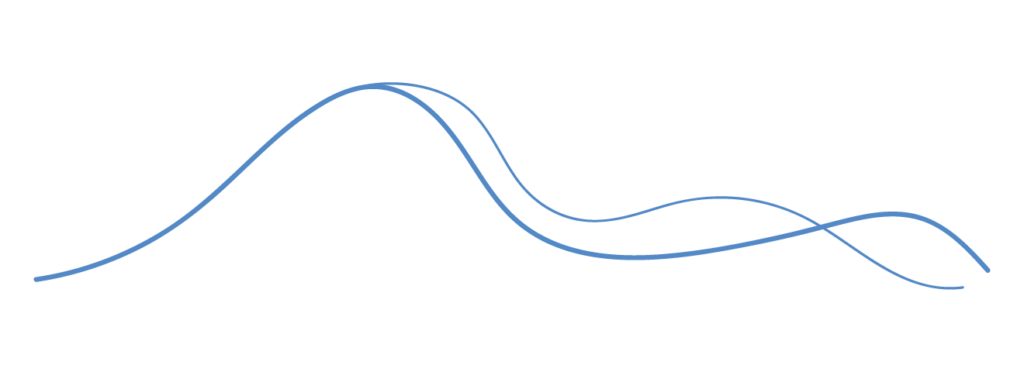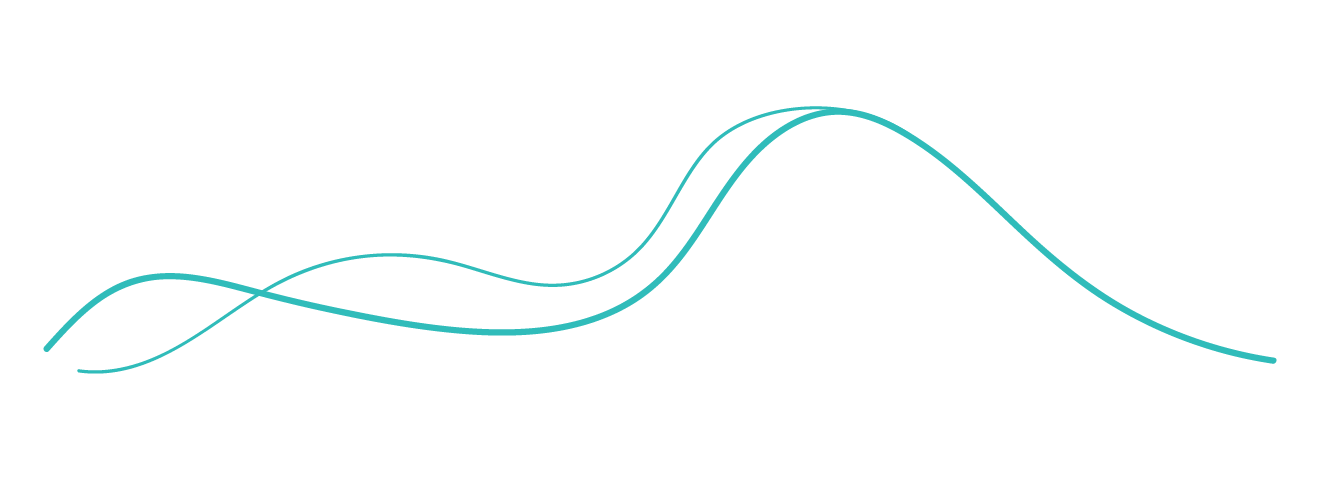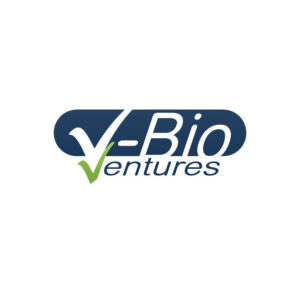V-Bio Ventures
We are a life sciences fund investing throughout Europe in start-up and early-stage companies with high growth potential. Our articles cover investment-related topics in life sciences, including innovation trends, the latest business themes and exciting updates on our portfolio companies.






